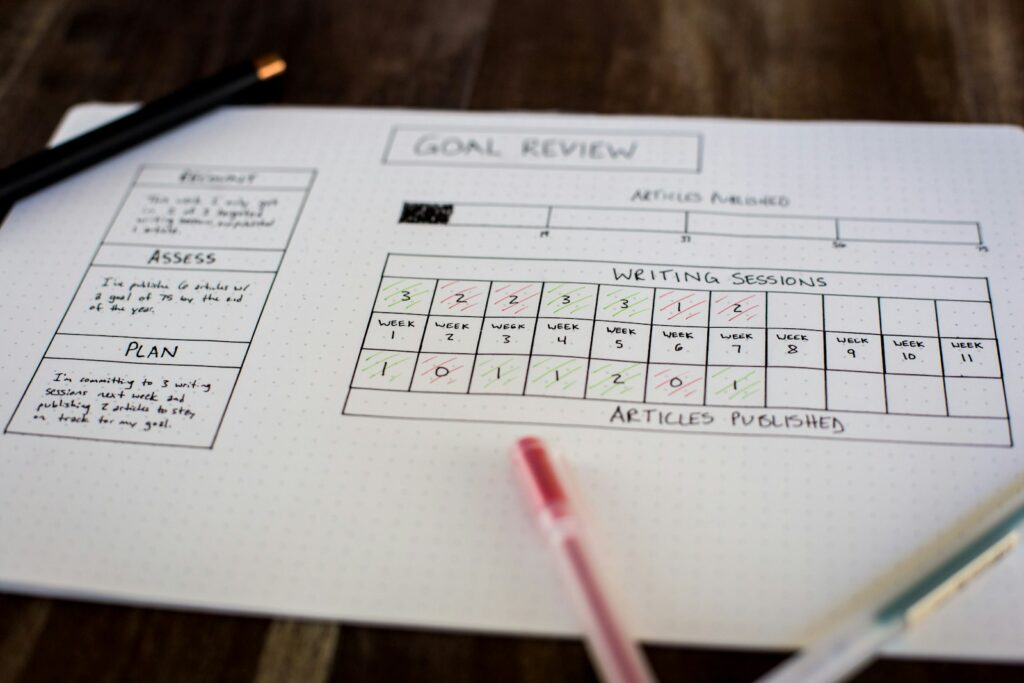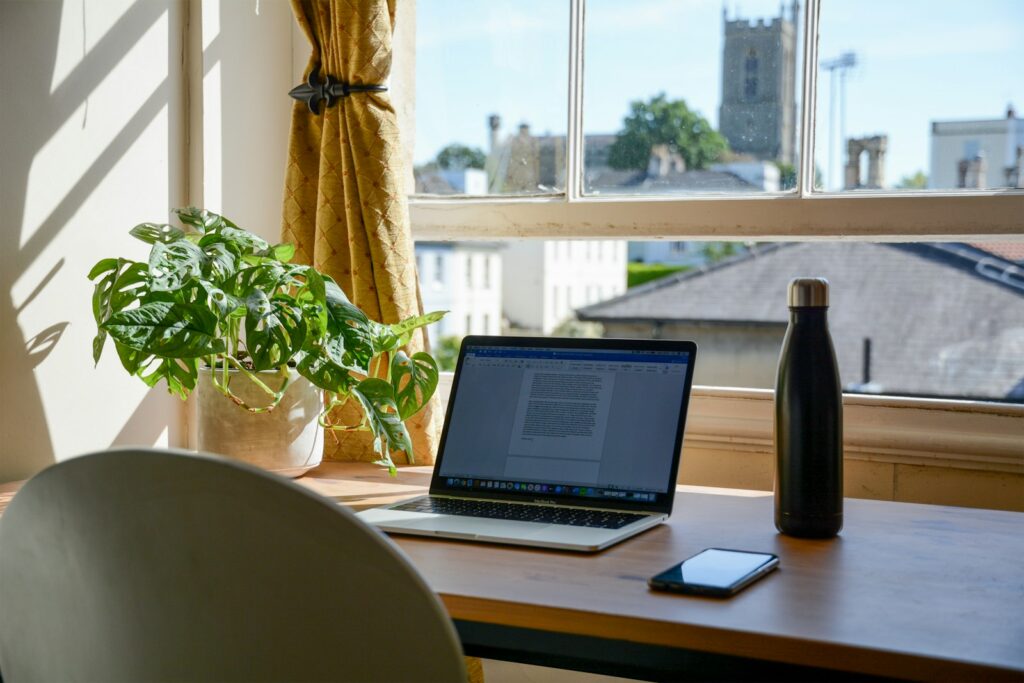Studying effectively is an essential skill for academic success, and at IStudentPlus, we are committed to providing you with the best strategies to enhance your learning experience. Whether you’re in high school, college, or pursuing higher education, these study tips will help you maximize your potential and achieve your academic goals.
1. Create a Study Schedule

One of the most effective ways to ensure consistent study habits is by creating a study schedule. Allocate specific times for studying each subject and stick to this routine. This helps in managing your time efficiently and prevents last-minute cramming. Use planners or digital calendars to keep track of your study sessions and deadlines.
2. Set Clear Goals

Before you begin your study session, set clear and achievable goals. Knowing what you aim to accomplish in each study session keeps you focused and motivated. Break down larger tasks into smaller, manageable chunks, and set goals for completing each part. This approach not only makes studying less overwhelming but also gives you a sense of achievement as you complete each goal.
3. Find Your Ideal Study Environment

Your study environment can significantly impact your concentration and productivity. Find a quiet, well-lit place free from distractions. Ensure that your study area is organized and has all the necessary materials within reach. Some people study best in absolute silence, while others might prefer background music or ambient noise. Experiment to find what works best for you.
4. Use Active Learning Techniques

Passive reading and highlighting are less effective compared to active learning techniques. Engage with the material by summarizing information in your own words, asking questions, and teaching the content to someone else. Use flashcards, mind maps, and diagrams to visualize information and enhance retention. Active learning helps deepen your understanding and improves recall.
5. Take Regular Breaks

Studying for long hours without breaks can lead to burnout and decreased productivity. Incorporate regular breaks into your study sessions to rest and recharge. The Pomodoro Technique, which involves studying for 25 minutes followed by a 5-minute break, can be particularly effective. During breaks, stretch, hydrate, or take a short walk to refresh your mind.
6. Practice Self-Testing

Self-testing is a powerful tool to assess your understanding and identify areas that need improvement. Use practice tests, past exam papers, and quiz yourself on the material you’ve studied. This not only helps in reinforcing knowledge but also builds confidence in your ability to recall information under exam conditions.
7. Stay Organized

Keeping your study materials and notes organized is crucial for efficient studying. Use folders, binders, or digital tools to categorize and store your notes, assignments, and study resources. An organized study space saves time and reduces stress when you need to find specific information quickly.
8. Stay Healthy

Your physical and mental health play a vital role in your academic performance. Ensure you get enough sleep, eat nutritious meals, and stay physically active. Regular exercise helps reduce stress and improves concentration. Additionally, practice mindfulness or relaxation techniques to maintain a healthy mind.
9. Join Study Groups

Studying with peers can provide different perspectives and enhance your understanding of the material. Join or form study groups where you can discuss topics, share resources, and quiz each other. Collaborative learning helps clarify doubts and reinforces your knowledge through group discussions.
10. Seek Help When Needed

If you’re struggling with a particular subject or concept, don’t hesitate to seek help. Approach your teachers, tutors, or classmates for clarification. Many educational institutions offer academic support services, such as tutoring centers or online resources. Utilizing these resources can provide additional guidance and support.
Conclusion
Effective studying requires a combination of discipline, organization, and the right strategies. By implementing these study tips from IStudentPlus, you can create a productive study routine, enhance your learning experience, and achieve your academic goals. Remember, consistency is key, and finding what works best for you will lead to long-term success. Happy studying!



